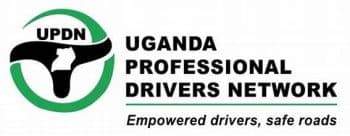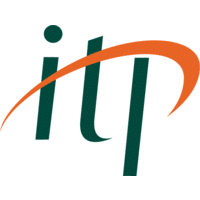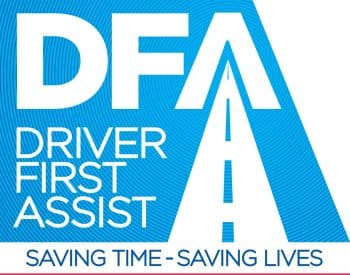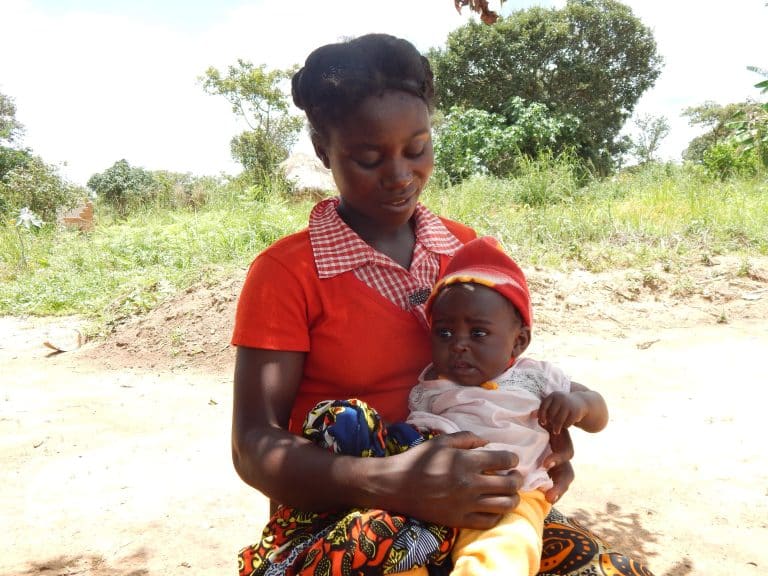
Our Programmes

Translating transport management knowledge into policy and practice with the Ministry of Health in Zanzibar
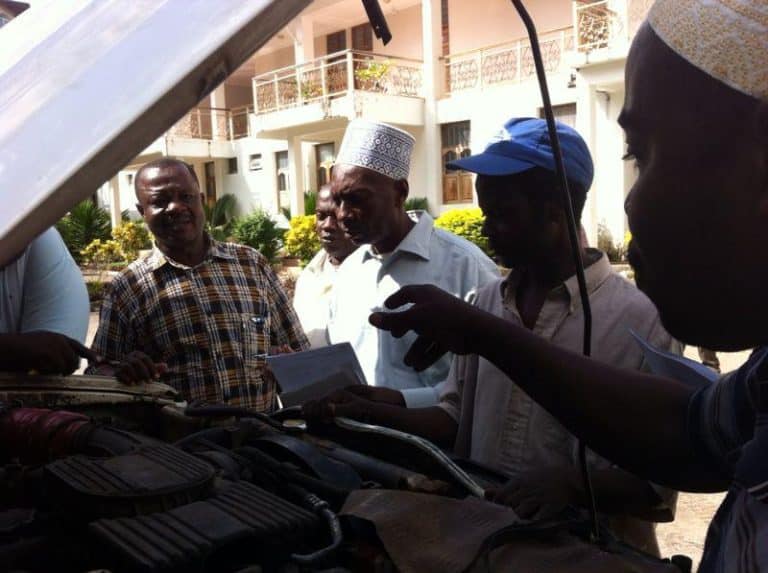
Transport plays a significant part in rural health service delivery across sub-Saharan Africa. It is vital:
• to provide an effective supply chain of drugs and medical supplies to frequently remote and isolated locations
• to enable mobility of health workers to access their patients and facilitate important interaction with other elements of the health system
• to enable timely and affordable access to appropriate care in medical emergencies
In March 2014 a very successful conference on emergency transport for health took place in Tanzania. The workshop brought together ambulance service practitioners and key stakeholders to share their expertise and experience. The participants included Ministry of Health (MoH) representatives, ambulance practitioners, NGOs, donors and leading academics in the field who came together to share knowledge and expertise from a range of contexts.
This workshop was funded by the United Kingdom’s Department for International Development, through the African Community Access Programme (AFCAP) which is managed by Crown Agents. AFCAP began in 2008 and promotes safe and sustainable access to markets, healthcare, education, employment and social and political networks for rural communities in Africa.
Following the workshop, the Ministry of Health in Zanzibar requested Transaid’s support with transport management training, situational analysis and policy guidelines; the request was in line with AFCAP’s mission of taking evidence and knowledge of what works into practice. This was an opportunity to apply the good practices and approaches that had been discussed at the workshop. AFCAP supported this follow on activity, as well as two other small projects; all aimed at improving transport for health particularly in a rural context with tangible outcomes.
The MoH in Zanzibar has recently developed a new Transport Unit. There is recognition that considerable funds are being spent on transport, but uncertainty exists on what the fleet costs to run, its condition and a range of differing maintenance and scheduling processes. Recognising scope for improved efficiency and safety in the way that transport is managed, the MoH has taken the commendable decision to implement improved management systems.
The Transport Officer from the MoH was involved in the March emergency transport workshop and had the chance to hear positive case studies from other countries that have implemented transport management systems. The Transport Unit has an important job to do; they are in charge of over 230 vehicles doing critical health work. Recognising a lack of expertise in this areas Transaid were able to send two experts to Zanzibar in May 2014.
Transaid facilitated a three day transport management training course which was attended by the transport unit, the MoH garage heads and other stakeholders with transport responsibilities. Transaid was then able to take the knowledge into practice working with two teams to complete a short situational analysis on the islands of Unguja and Pemba (two main islands on the Zanzibar Archipelago). Both Ministry and private sector garages were assessed and recommendations made for the maintenance and repair of the fleet.
An orientation with key stakeholders, to ensure support from heads of key programmes such as malaria eradication and the HIV and AIDS control programme took place on the 29th May 2014 where key new tools of the system such as a new log book, monthly reports and a transport database were shared.
A senior management briefing is planned for the 2nd of June to share the key findings and recommendations for the roll out of the transport management system and discuss potential new policy guidelines. An action plan will also be collaboratively drafted.
Transaid was also able to support with providing classroom driver training and practical assessments. Sixteen drivers received classroom training which focused on the key causes of crashes and behavioural aspects of driving. Twelve driver assessments were also conducted, including for many ambulance drivers. Feedback was provided to each driver with tips for safer and improved driving.
It is hoped that this support from Transaid and made possible by AFCAP will build capacity of transport managers and drivers at the Zanzibar MoH. New processes and procedures, with top level support, will allow a transport management system to be implemented leading to a safer and more effective fleet.
More Programmes



